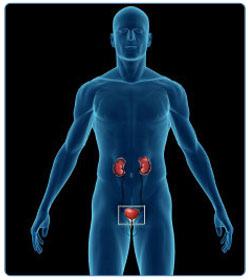Frequently Asked Questions for Bacterial Vaginosis
1. Which doctor do I consult for treatment?You should consult a Gynaecologist for treatment.
2. Is it a common infection?
Yes, It is a very common infection. It is the most frequent of all vaginal infections affecting about 10-60% of any population at any given time.
3. What are the symptoms?
Many women will not experience any symptoms. The symptoms include foul or fishy smelling odor and discharge from the vagina. This gets worse after sexual intercourse. They may have a white or greyish discharge that stains the undergarments.
4. Did I get it from someone?
This is unlikely, unless you tend to change your sexual partners frequently. Bacterial vaginosis is due to overgrowth of bacteria that normally do not populate the vagina. The cause of this to occur is not known.
5. Does bacterial vaginosis need to be treated?
Yes, otherwise it can make a woman more prone to other problems such as pelvic inflammatory disease, HIV, and gonorrhoea besides the risk of low birth weight and premature babies.
6. How can I prevent Bacterial vaginosis?
Though the cause of this infection is not known, the general precautionary measures are-
- Do not have sex practises.
- Do not use douching agents
- If using IUD for contraception get it removed.
7. How is it diagnosed?
Bacterial vaginosis is diagnosed in the laboratory by examining the vaginal secretions under a microscope and the pH.
8. Does the male partner also need to be treated?
This is not a sexually transmitted disease, so usually there is no need for the partner to be treated.
9. What are the different kinds of vaginal infections?
Trichomoniasis, Genital Inflammations, Vaginitis (or Vulvovaginitis) Cervicitis, Vulvitis, Endometritis, Salpingitis, and Oophoritis are all examples of some common vaginal infections.













